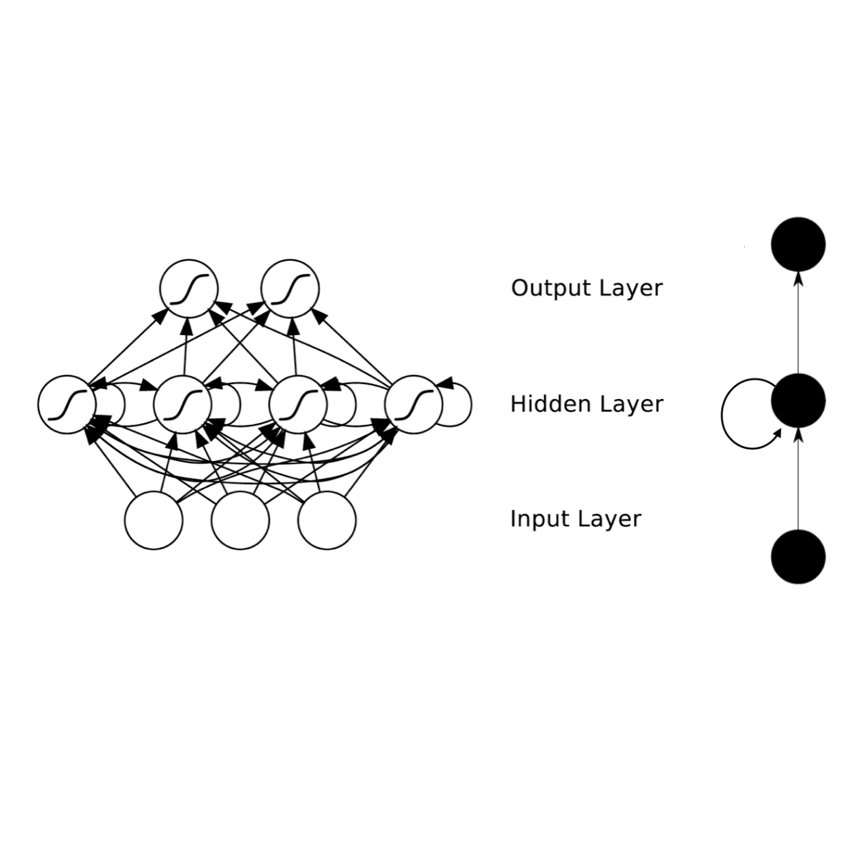This study explores the application of recurrent neural networks to recognize emotions conveyed in music, aiming to enhance music recommendation systems and support therapeutic interventions by tailoring music to fit listeners' emotional states. We utilize Russell's Emotion Quadrant to categorize music into four distinct emotional regions and develop models capable of accurately predicting these categories. Our approach involves extracting a comprehensive set of audio features using Librosa and applying various recurrent neural network architectures, including standard RNNs, Bidirectional RNNs, and Long Short-Term Memory (LSTM) networks. Initial experiments are conducted using a dataset of 900 audio clips, labeled according to the emotional quadrants. We compare the performance of our neural network models against a set of baseline classifiers and analyze their effectiveness in capturing the temporal dynamics inherent in musical expression. The results indicate that simpler RNN architectures may perform comparably or even superiorly to more complex models, particularly in smaller datasets. We've also applied the following experiments on larger datasets: one is augmented based on our original dataset, and the other is from other sources. This research not only enhances our understanding of the emotional impact of music but also demonstrates the potential of neural networks in creating more personalized and emotionally resonant music recommendation and therapy systems.
翻译:暂无翻译




